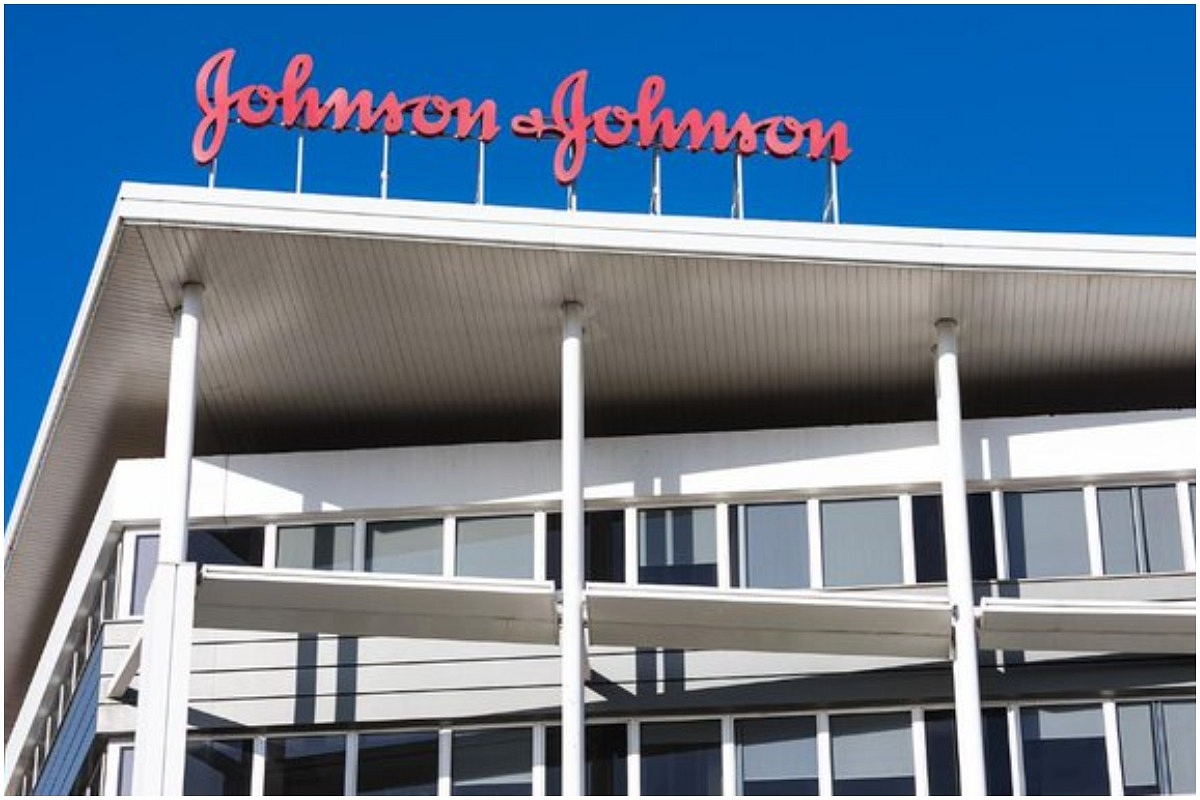News Brief
Johnson & Johnson Announces Separation Of Businesses: Details You Need To Know
- Investors value rival public consumer companies more highly than the J&J consumer unit, according to Chief Financial Officer Joseph Wolk, and added “That, quite frankly, was getting lost within Johnson & Johnson."

Johnson & Johnson
In the greatest shake-up in the company's over 130-year history, Johnson & Johnson has decided to split its consumer health division, which distributes Band-Aids, Listerine and baby powder, to focus on medicines and medical devices.
The move by the world's largest healthcare product making company, founded in 1886, comes on the heels of similar announcements by conglomerates Toshiba and General Electric and highlights how large, diversified corporations are under pressure to simplify their structures in order to increase focus.
As reported, analysts were told by Johnson & Johnson executives that the separation, which will result in the creation of a new publicly-traded company for consumer health, will allow each division to be more nimble in adjusting to their individual markets.
According to Reuters, the company’s Chief Executive Alex Gorsky said: "We think these have evolved as fundamentally different businesses."
Investors value rival public consumer companies more highly than the J&J consumer unit, according to Chief Financial Officer Joseph Wolk, and added “That, quite frankly, was getting lost within Johnson & Johnson."
He also said: "Similarly, I think — in terms of pharmaceuticals and medical devices — that prevented the spotlight from being shone on those businesses."
The separation is expected to take place within the next two years and costs $500 million to $1 billion, according to the business.
However, the Johnson & Johnson pharmaceutical and medical device unit will keep its brand, and the company anticipates a tax-free spinoff.
Meanwhile, NPR reported that an analyst questioned on 12 November why the company was making the change at a time when it had previously praised Johnson & Johnson's diversity as a strategy to help offset a slump in a particular segment.
In response, Gorsky said: "I think we have consistently had the belief that our diversified portfolio is rooted in strategy. However, it's not anchored in strategy."
However, Jim Osman, the founder of research firm Edge Consulting Group, said that when the market reaches its peak, we typically see a flurry of spins as corporations seek new ways to increase shareholder value.
According to him, "It's something worth noting for the investor."
Products like Band-Aids and infant shampoo have long been associated with Johnson & Johnson. But its pharmaceutical and medical equipment sector — which includes cancer medicines, vaccines and surgical tools — is forecast to generate over $80 billion in revenue this year, considerably exceeding the $15 billion expected from consumer products.
Despite dismal sales of Johnson & Johnson's Covid-19 vaccine due to a number of production hiccups and stiff competition from top American rivals Pfizer and Moderna, the company's growth outlook remains positive.
Incoming CEO Joaquin Duato, who is set to succeed Gorsky early next year, will also join the new version of the company.
Steve Brozak, who follows drug-makers as president of investment management firm WBB Securities, said that the split occurs at a perfect time for a change of leadership.
According to him, the new CEO takes over a company that will be completely different from before, with no easy benchmarks to compare to previous performance or evaluate progress.
In the case of previous experience, nearly 40,000 lawsuits have been filed against Johnson & Johnson's consumer division, alleging that its baby powder and other talc products contained asbestos, which was later linked to mesothelioma and caused ovarian cancer in women who used it for personal hygiene.
But the firm denied these claims.
The company, in October this year, established a separate subsidiary to retain the talc liabilities, which then filed for bankruptcy protection.
However, Johnson & Johnson said on 12 November that its latest decision to split has nothing to do with the talc lawsuit or the bankruptcy move.
In May 2020, the company announced that it will no longer sell the baby powder in the United States and Canada, citing "misinformation" and "unfounded allegations" about the talc-based product.
The company claims that its consumer talc products are safe and have been proven to be asbestos-free via thousands of tests.
Separately, thousands of lawsuits have been filed against J&J's medical device and pharmaceuticals division for products such as DePuy Pinnacle hip implants, surgical mesh and the blood thinner Xarelto.
According to Jeff Jonas, asset manager at GAMCO Investors, the separation may allow the remaining Johnson & Johnson to be more acquisitive.
Support Swarajya's 50 Ground Reports Project & Sponsor A Story
Every general election Swarajya does a 50 ground reports project.
Aimed only at serious readers and those who appreciate the nuances of political undercurrents, the project provides a sense of India's electoral landscape. As you know, these reports are produced after considerable investment of travel, time and effort on the ground.
This time too we've kicked off the project in style and have covered over 30 constituencies already. If you're someone who appreciates such work and have enjoyed our coverage please consider sponsoring a ground report for just Rs 2999 to Rs 19,999 - it goes a long way in helping us produce more quality reportage.
You can also back this project by becoming a subscriber for as little as Rs 999 - so do click on this links and choose a plan that suits you and back us.
Click below to contribute.
Latest